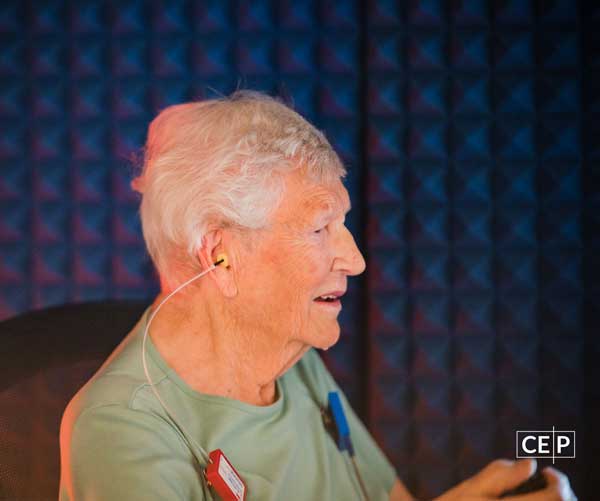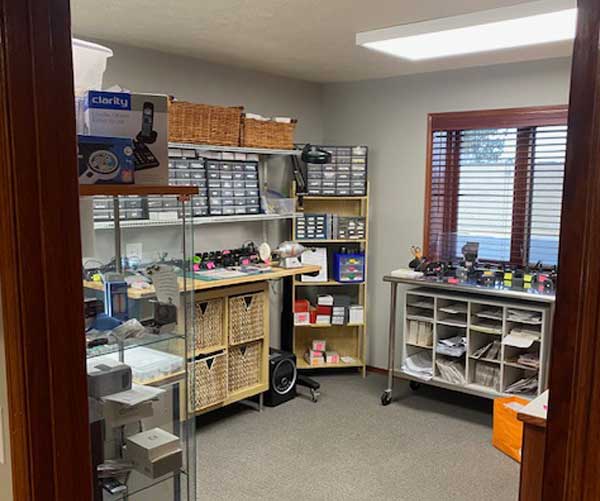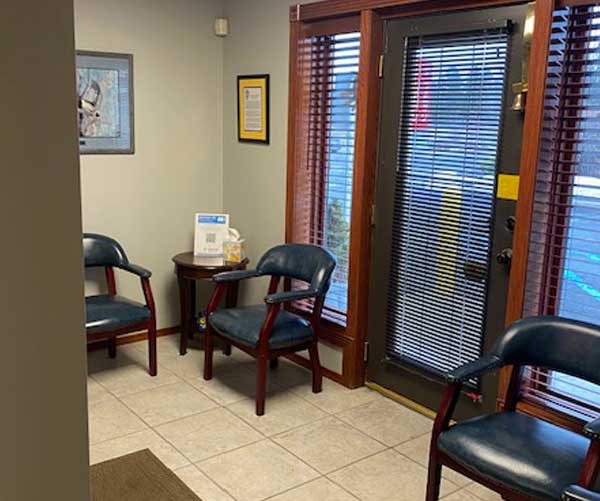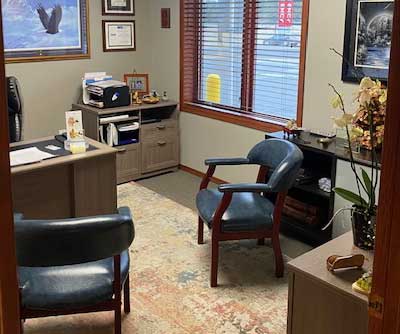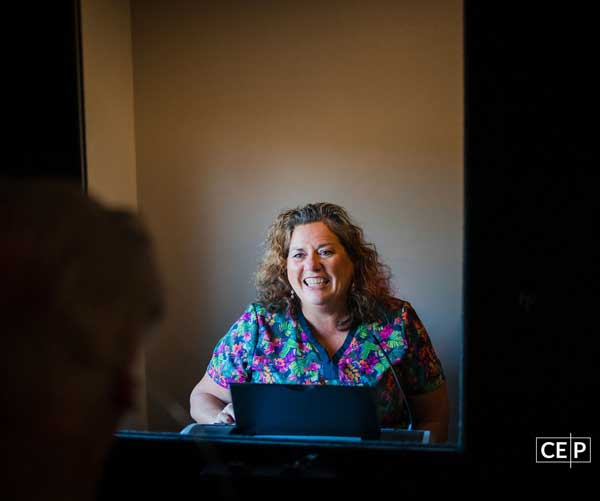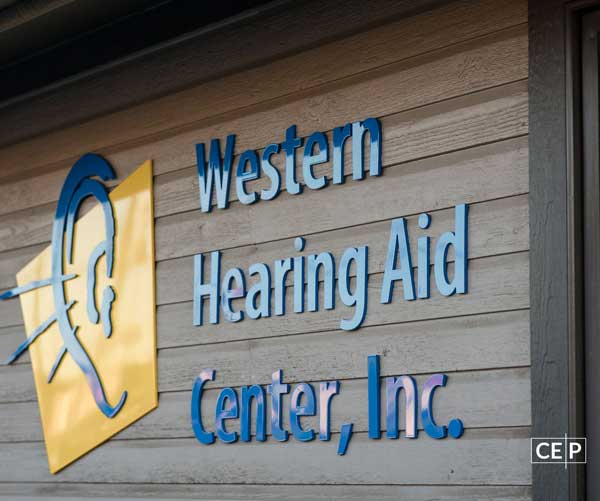Hearing Loss
Hearing loss can affect anyone at any point during their life. It typically develops gradually; you may not initially notice the loss of subtle everyday sounds, yet before you know it, you are missing sounds that are critical to effective communication. Living with untreated hearing loss means struggling to understand conversations with loved ones, and experiencing difficulty in restaurants, meetings, and other social environments.
Contributing Factors that Impact Hearing Loss:
Types of Hearing Loss
Conductive Hearing Loss – occurs when a condition or disease is causing insufficient conduction of sound to the inner ear (cochlea). Problems may be within the ear canal, eardrum, or middle ear space and its little bones (malleus, incus, and stapes). This results in the loudness reduction of sounds. Once the sound is loud enough, the ear works in a normal way. This type of hearing loss may be medically or surgically treated, resulting in complete or partial improvements in hearing.
Sensorineural Hearing Loss – occurs with a problem in the inner ear (cochlea) or auditory nerve. There may be damage to the hair cells, a problem with the fluids in the inner ear, or dysfunction in the nerve pathway. This results in reduced intensity and distortion of sound even when the sound is loud enough. This type of hearing loss usually is not corrected medically or surgically, and is considered permanent.
Mixed Hearing Loss – occurs when a combination of conductive hearing loss and sensorineural hearing loss exist. This means there may be damage to the ear canal, eardrum, or middle ear and the inner ear (cochlea) or auditory nerve. This results in hearing abilities worse than the sensorineural loss alone.
Addressing Hearing Loss
Hearing loss can affect anyone at any point during a person’s life. Hearing loss typically develops gradually; you may not initially notice the loss of subtle everyday sounds, yet before you know it, you are missing sounds that are critical to effective communication.
Living with untreated loss means struggling to understand conversations with loved ones, difficulty in restaurants, meetings, and other social environments. In one-on-one, it may seem people are mumbling.
The first step to addressing any potential hearing loss is to schedule a diagnostic hearing evaluation. Western Hearing Aid Center uses the most advanced technology available, and we will take the time to discuss your results and any recommendations we may have.
Deciding to address hearing loss can be a difficult decision; however, the longer you wait to address your hearing loss, the more difficult it is to treat.
With treatment, patients can live fuller, more engaged lives. Without treatment, patients may experience:
- Depression
- Anxiety
- Social isolation
- Cognitive decline



